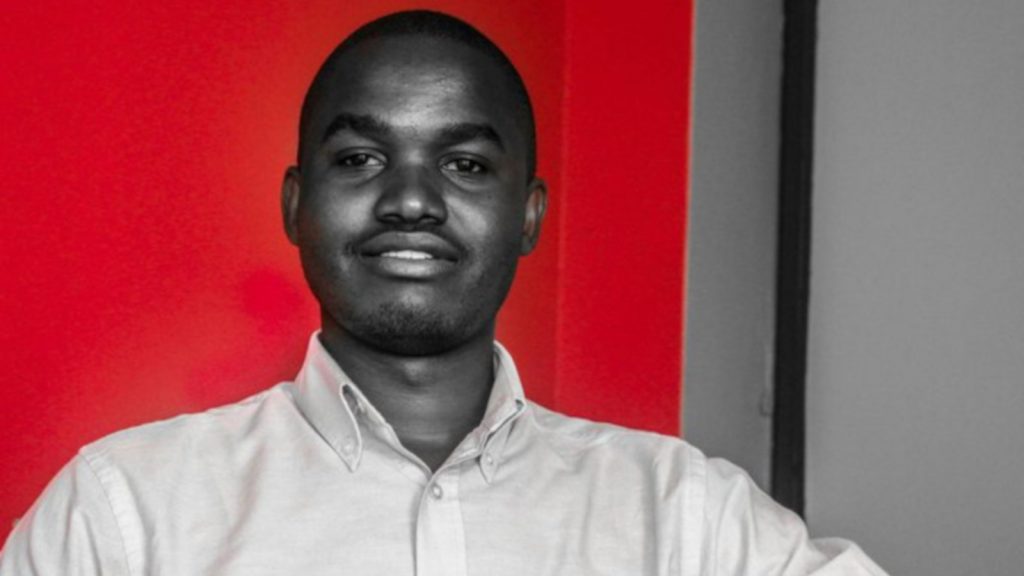We all have them. Those apps we open without thinking. Not because we need anything in particular, but because they feel… safe, in some…
‘Not easy to classify whether a startup is African because of globalisation’

We have all at some point in our lives heard the popular maxim that numbers never lie.
Numbers — particularly statistics on how much venture capital (VC) funding African startups have raised or how many African startups there are in a particular vertical — are what the media and researchers have come to see as a measure of how well the continent’s tech startup community is performing.
And, it is through these numbers that the history of Africa’s tech startup sector is being documented.
Digest Africa’s definition of what an African startup is hinges on where the “economic value” of the company ends up
But what happens when we fail to distinguish between an African startup and ones that aren’t from Africa or are not African (but which operate on the continent)?
In the latest instalment in a series on “What is an African startup” (see the previous stories here and here) Ventureburn spoke to publisher Peter Kisadha Malinz (pictured above).
Malinz, who is the co-founder and CEO of Ugandan tech publication and business intelligence platform Digest Africa, believes it’s crucial to define what an African startup is, especially, as Africans seek to sell Africa as a destination for investment.
But at the same time he cautions against a strict approach to defining the identity of startups, when the forces of globalisation are at play these days.
“It is therefore not easy to classify whether a startup is African, given how easy it is for a company to now distribute itself across the globe,” he adds.
He further points to how startups are increasingly launching with their sights set on the global market. This, he explains, means that they need to incorporate right as well as strategically place and locate themselves to take advantage of the opportunities the world has to offer.
“That is why you are having startups incorporating in Delaware (in the US) straight away, or Mauritius — even before they scale beyond their home markets while, maintaining their headquarters in San Francisco or New York, with their operations team in either Dubai or Lagos yet have Africa as their primary or only market,” points out Malinz.
Definition hinges on economic value
Digest Africa has a detailed methodology on how it collects data, classifies industries and determines where companies are headquartered.
Malinz explains that the publication’s definition of what an African startup is hinges on where the “economic value” of the company ends up — at least for the foreseeable future, that is.
“For example, if a company raises $20-million, which economy is likely to gain most in terms of employment, taxes and so on?” he asks.
He points out that the publication uses simple criteria when settling on whether a startup is African or not.
“As long as a startup is either incorporated, headquartered (in Africa) or has Africa as its primary or only market, then we take it as African,” he adds.
When asked how the media should handle the coverage of startups whose “Africanness” is in doubt, Malinz believes that the media needs to be willing to do the hard work of drawing the line as well as going beyond the noise and emotions.
“Ideally, the media is supposed to be the referee which implies that you’re impartial. However, to be a referee, you must have rules and guidelines that you follow,” he says.
“My expectation, therefore, would be that each and everyone (publication) does the same and ensures that it is communicated or referenced so that the readers or consumers know the limitations when it comes to that media’s definition of an African startup,” says Malinz.
Read more: ‘It’s un-African to not welcome anyone willing to start a business serving Africans’
Read more: So, let’s call it out – what then is an African startup?
Featured image: Peter Kisadha via Twitter


